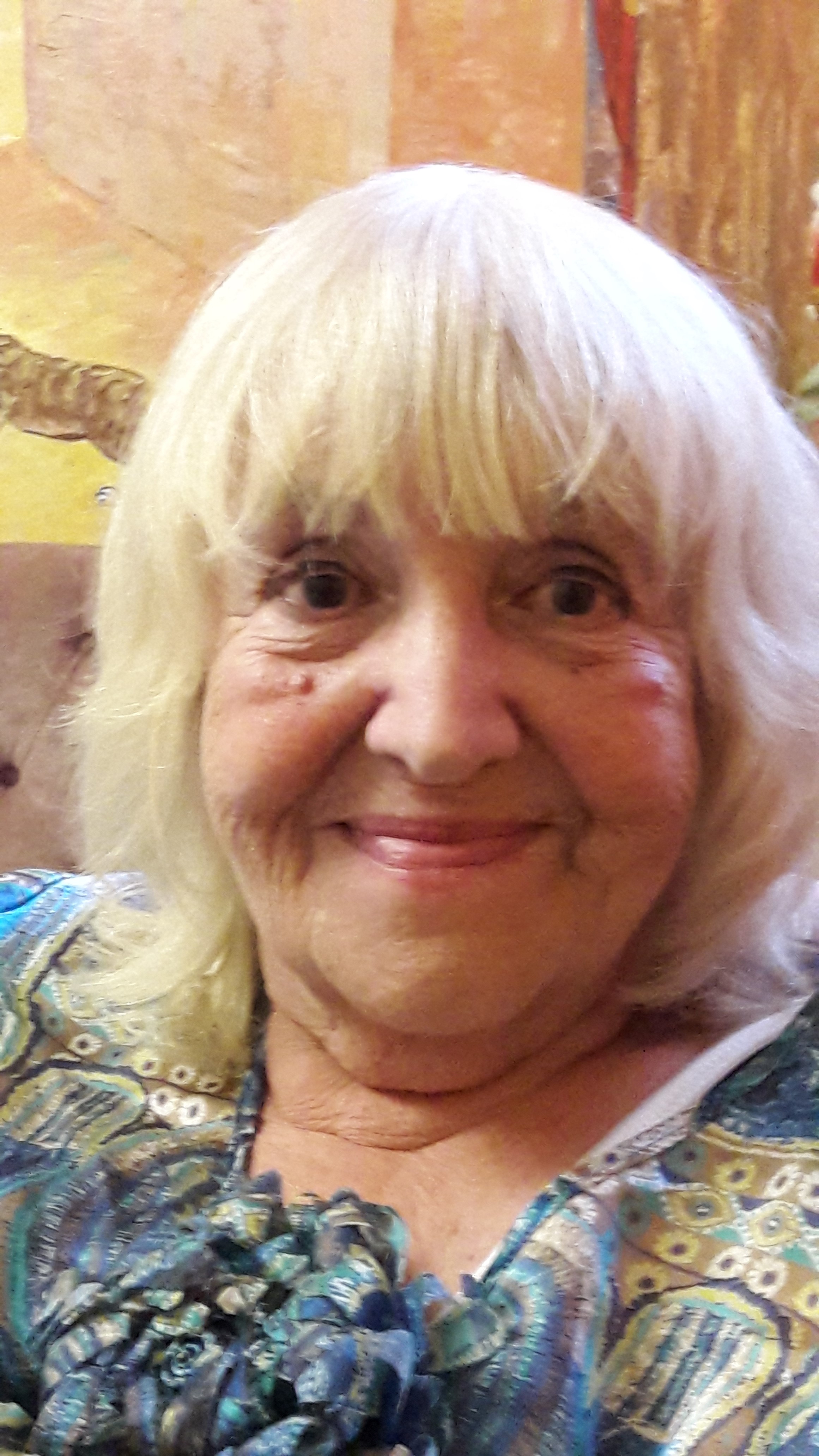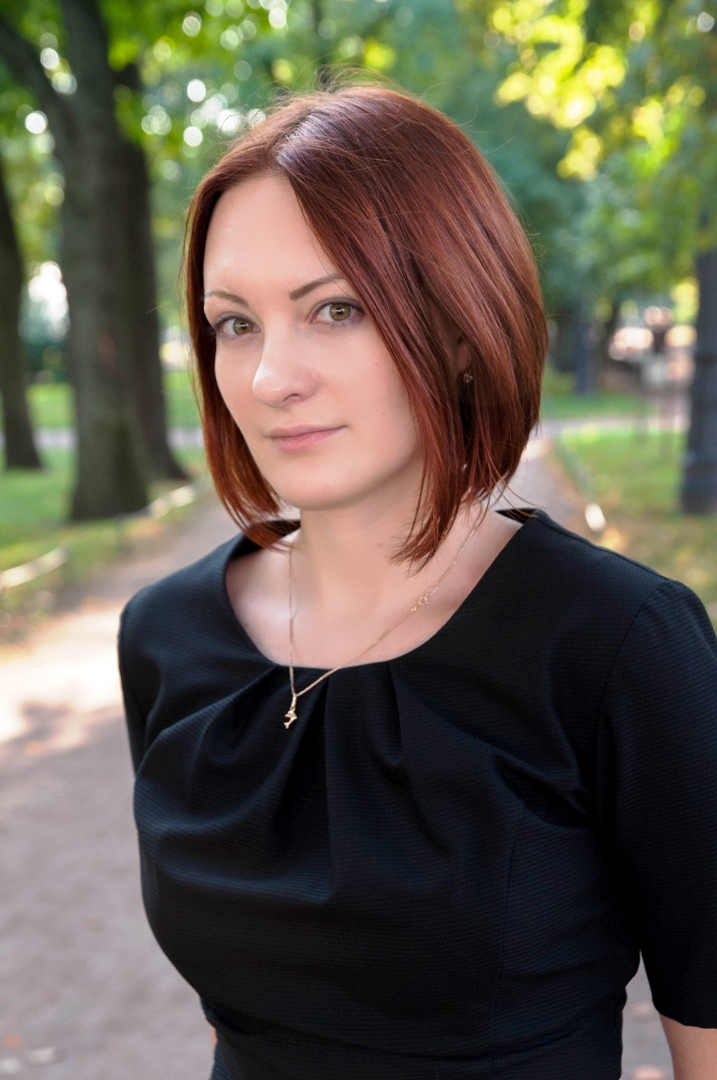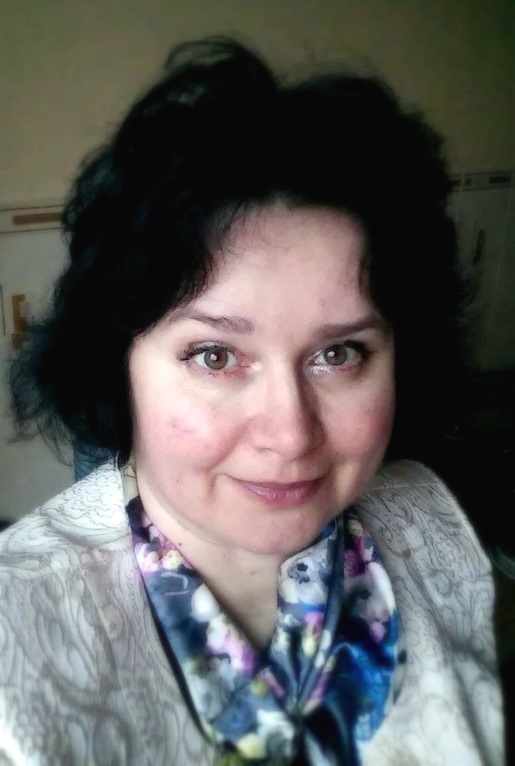The article covers the study of modern Orthodox identity in empirical research, conducted through the classical quantitative and non-reactive method. At the beginning of the article, the main sociological and psychological approaches to the problem of religiosity and religious identity are described. The study sample includes 1080 people (Internet survey, sample type – quota). The empirical data of the survey correlate with the research on the 2 largest Internet communities in Vkontakte network. These communities act as a platform for interaction on the problems of Russian Orthodoxy. Special attention is paid to: place of Orthodox religion in ethnic consolidation of Russians and typical qualities of a Russian people; factor conditionality (on subjective characteristics) of the religiosity level; the attitude of modern Russians to the main religious (Orthodox) practices by gender, age, level of education. The relatively low level of significance of the religious community in a number of signs of ethnic consolidation of Russians is revealed. At the empirical level, the internal inconsistency of modern Orthodox self-determination is revealed. The discrepancy between the declaration of religiosity and the observance of basic religious practices has been revealed.
Key words: religious identity, Russians, Orthodoxy, levels of religiosity, virtual communities, religious practices
DOI: 10.22250/20728662_2022_4_80
About the authors
 |
Zinaida F. Sikevich – Doctor of Sociological Sciences, Professor of the Department of Cultural Anthropology and Ethnic Sociology, |
 |
Anna A. Fedorova – Ph.D. (Sociology), Researcher of the History of Evolutionary Theory and Ecology Sector, |
 |
Julia A. Possel – Ph.D. (Psychology), Associate Professor of the Department of Human Psychology, A.I. Herzen Russian State Pedagogical University; |






